The pioneer of Chinese new literature
Overview
Chinese Name: 鲁迅
English Name: Lu Xun
Other Names: Zhou Shuren 周树人, Zhou Zhangshou 周樟寿, Changgeng长庚
Born: September 25, 1881
Died: October 19, 1936
Achievements:
The founder of Chinese modern literature 中国现代文学的奠基人
The pioneer of Chinese translated literature 中国翻译文学的开拓者
The pioneer of Chinese modern ideological emancipation 中国现代思想解放先驱
The great mentor of China’s new printmaking movement 中国新兴版画运动的伟大导师
Main Works:
the diary of a madman 狂人日记
Shout 呐喊
Hesitation 彷徨
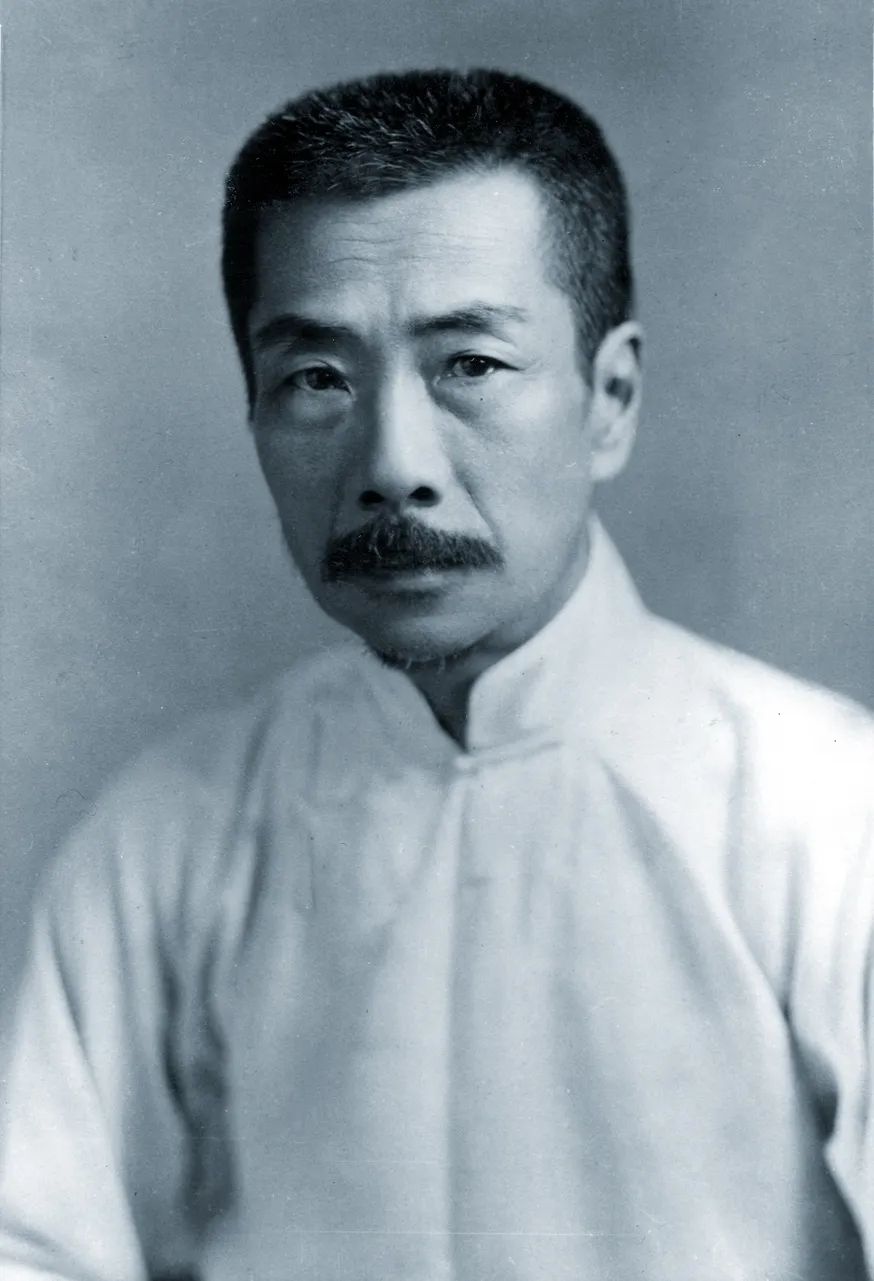
Brief Biography of Lu Xun
Lu Xun, a famous litterateur, thinker, revolutionist, educator, and democratic fighter, is an important participant in the new culture movement and one of the founders of modern Chinese literature.
Lu Xun (September 25, 1881 – October 19, 1936), formerly known as Zhou Zhangshou 周樟寿, later renamed Zhou Shuren 周树人, courtesy name Yushan 豫山, later renamed Yucai 豫才, was born in Shaoxing 绍兴, Zhejiang 浙江.
In his early years, he went to Japan with Li Suizhi 厉绥之 and Qian Junfu 钱均夫 to study with the help of public expense at Sendai medical school 仙台医科专门学校 in Japan. “Lu Xun 鲁迅”, the pen name used when publishing the diary of a madman 狂人日记 in 1918, is also the most widely used pen name.
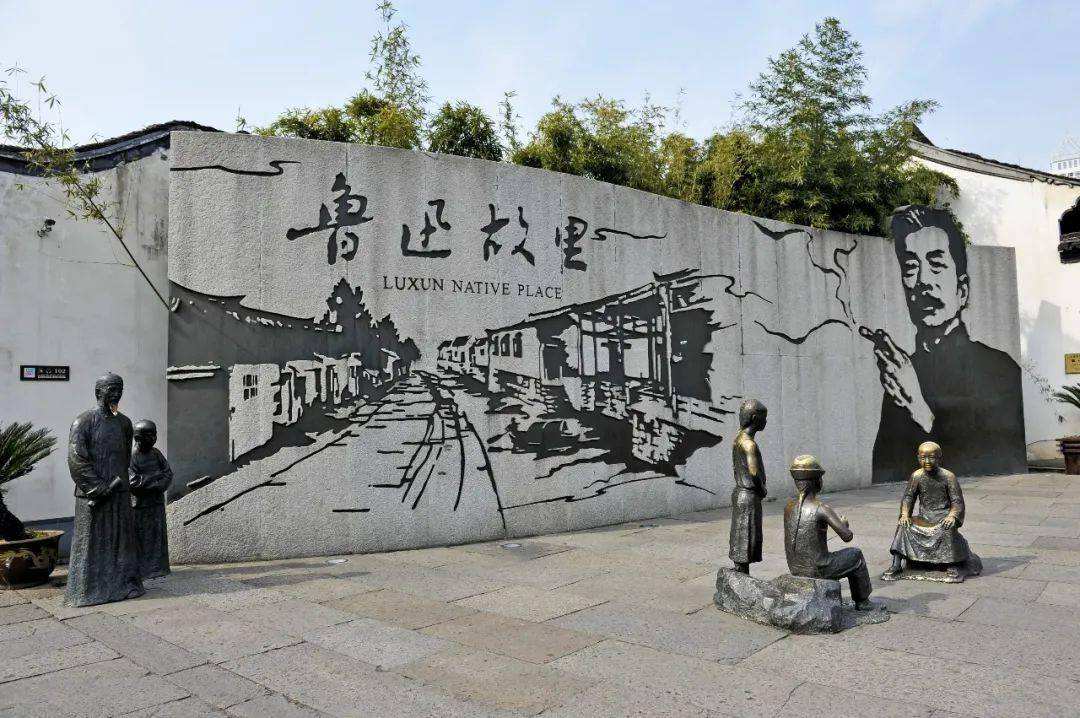
Lu Xun made great contributions in many fields such as literary creation, literary criticism, ideological research, literary history research, translation, the introduction of art theory, the introduction of basic science, and collation and research of ancient books.
He had a great influence on the development of China’s social ideology and culture after the May 4th movement 五四运动. He was famous in the world of literature, especially in the ideological and cultural fields of South Korea and Japan. He was known as “the writer occupying the largest territory on the cultural map of East Asia in the 20th century”.
Personal Life and Major Contributions
Pioneer in the literary world
In May of the 7th year of the Republic of China (1918), Lu Xun was published as the pen name of the first vernacular short story “Diary of a madman 狂人日记” written in modern style in the history of modern Chinese literature, which was published in Volume IV, No. 5, new youth.
In the 9th year of the Republic of China (1920), he taught the history of Chinese novels at Peking University 北京大学 and Beijing Normal University 北京师范大学. In June, he read the Chinese version of the Communist Manifesto 共产党宣言 and praised the translator. In September, he published the novel Storm 风波.
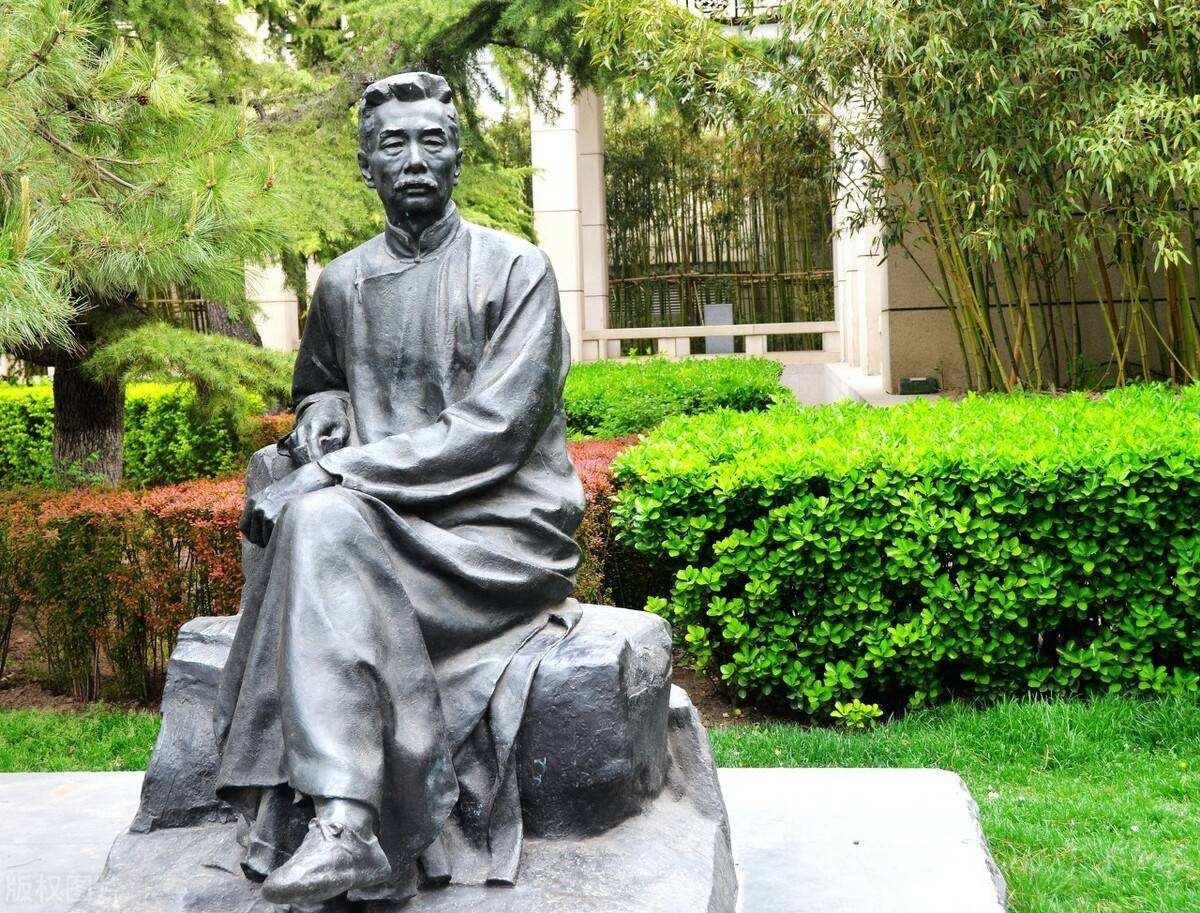
In August of the 12th year of the Republic of China (1923), the novel collection “Shout 呐喊” was published; He separated from his brother Zhou Zuoren 周作人 and moved to No. 61, Xisita Hutong 西四塔胡同. The reason for his separation is unknown. In December, he gave a speech on “what happened after Nara left 娜拉走后怎样”.
In July of the 13th year of the Republic of China (1924), he went to Xi’an 西安 to talk about the historical changes in Chinese novels 中国小说的历史变迁. He returned to Beijing in August. In November, Yusi weekly 语丝周刊 was published, and Lu Xun published “on the fall of Leifeng Tower 论雷峰塔的倒掉” in the first issue. Since then, Lu Xun has become one of the main writers of Yusi 语丝.
A champion of democracy
In the fourteenth year of the Republic of China (1925), the “women’s teachers’ movement 女师大风潮” further escalated. Lu Xun was removed from the post of Commissioner General of education Zhang Shizhao 章士钊 for supporting the just struggle of progressive students. In the same year, Lu Xun sued Zhang Shizhao in the people’s court.
In March of the 15th year of the Republic of China (1926), the “March 18 tragedy 三一八惨案” occurred. In April, Lu Xun criticized Duan Qirui 段祺瑞’s government’s massacre of students in his book death place 死地 and in memory of Liu Hezhen Jun 纪念刘和珍君. He was hunted down and took refuge in Yamamoto hospital 山本医院. During the period of refuge, he never stopped writing. In August, Hesitation 彷徨 was published, and he went to Xiamen University 厦门大学 as a professor of Chinese literature and resigned in December.
In the 16th year of the Republic of China (1927), he went to Sun Yat-sen University 中山大学 to teach in January. In March, he met with Chen Yannian 陈延年, Secretary of the CPC Guangdong 广东 and Guangxi 广西 District Committee. On April 1, he went to Huangpu Military Academy 黄埔军校 to give a speech on “literature in the revolutionary era 革命时代的文学”. On April 12, the “April 12 counter-revolutionary coup 四一二反革命政变” occurred. On April 29, the rescue of progressive students failed, and Lun Xun resigned angrily.
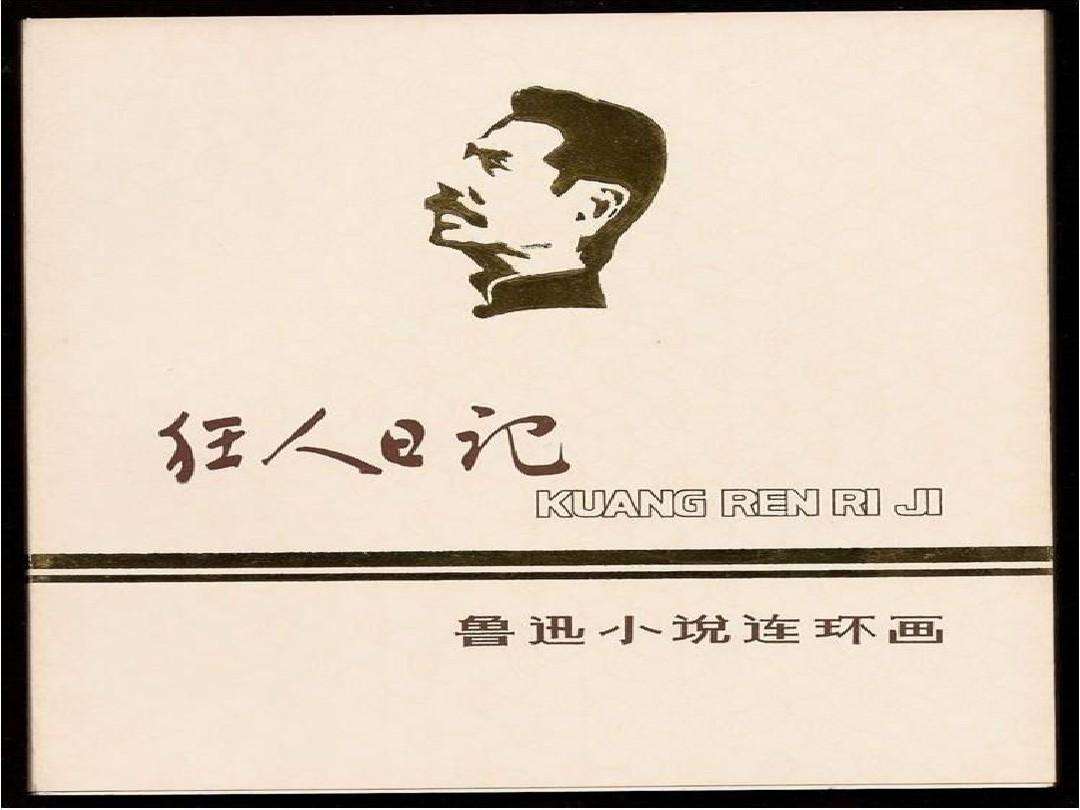
In August, he published the Wei Jin style and the relationship between articles and medicine and wine 魏晋风度及文章与药及酒之关系. In September, he wrote to Tai Jingnong 台静农, refusing to leave Guangzhou for Shanghai 上海 as a candidate for the Nobel Prize in literature, and began to live together with Xu Guangping 许广平 in Shanghai. In December, he argued with Liang Shiqiu 梁实秋 and others about “the third kind of people 第三种人” and “free people 自由人”. The argument between the two sides lasted for a long time and had a great impact.
In the spring of the 17th year of the Republic of China (1928), he participated in the Chinese revolutionary Mutual Aid Association 中国革命互济会. This year, he argued with the members of the Creative society 创造社 and the Sun society 太阳社 on the issue of “Revolutionary Literature 革命文学”. In that year, a large number of Marxist works were collected and translated. At the same time, he began to advocate revolutionary art and the modern woodcut movement.
On September 27, the 18th year of the Republic of China (1929), Xu Guangping gave birth to a son. Lu Xun named him “Zhou Haiying 周海婴”. At the end of the year, he negotiated many times with Feng Xuefeng 冯雪峰 to form the “Chinese left-wing writers’ union”.
Academic thought
Lu Xun’s thought on literary history is extremely rich and profound, and it has the characteristics of the times. He creatively engaged in the compilation of literary history and left two monographs on literary history — a brief history of Chinese novels 中国小说史略 and an outline of the history of Chinese literature 汉文学史纲, which made great contributions to the study of Chinese literary history.
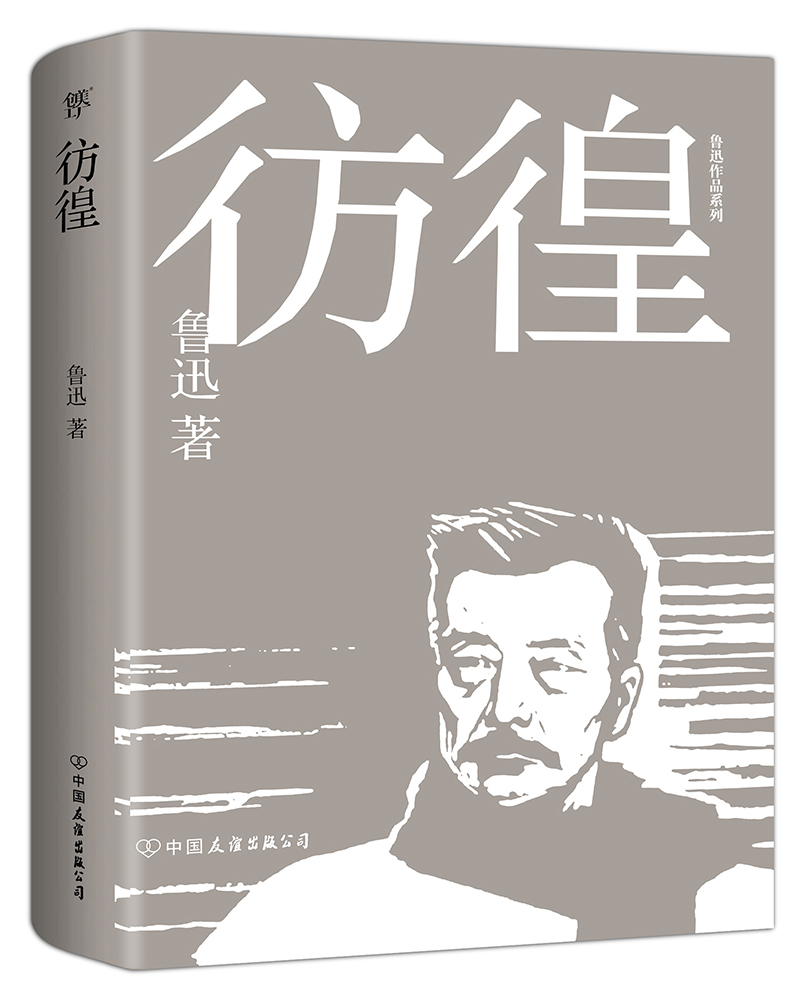
It is extremely regrettable that due to the realistic and objective conditions that were not conducive to his creation at that time, a complete history of Chinese literature that he had planned to write could not be completed in his lifetime. There are two major concepts that support Lu Xun’s academic creation, one is the literary history view of evolution in the early stage, and the other is the literary history view guided by Marxist materialism in the middle and late stages.







